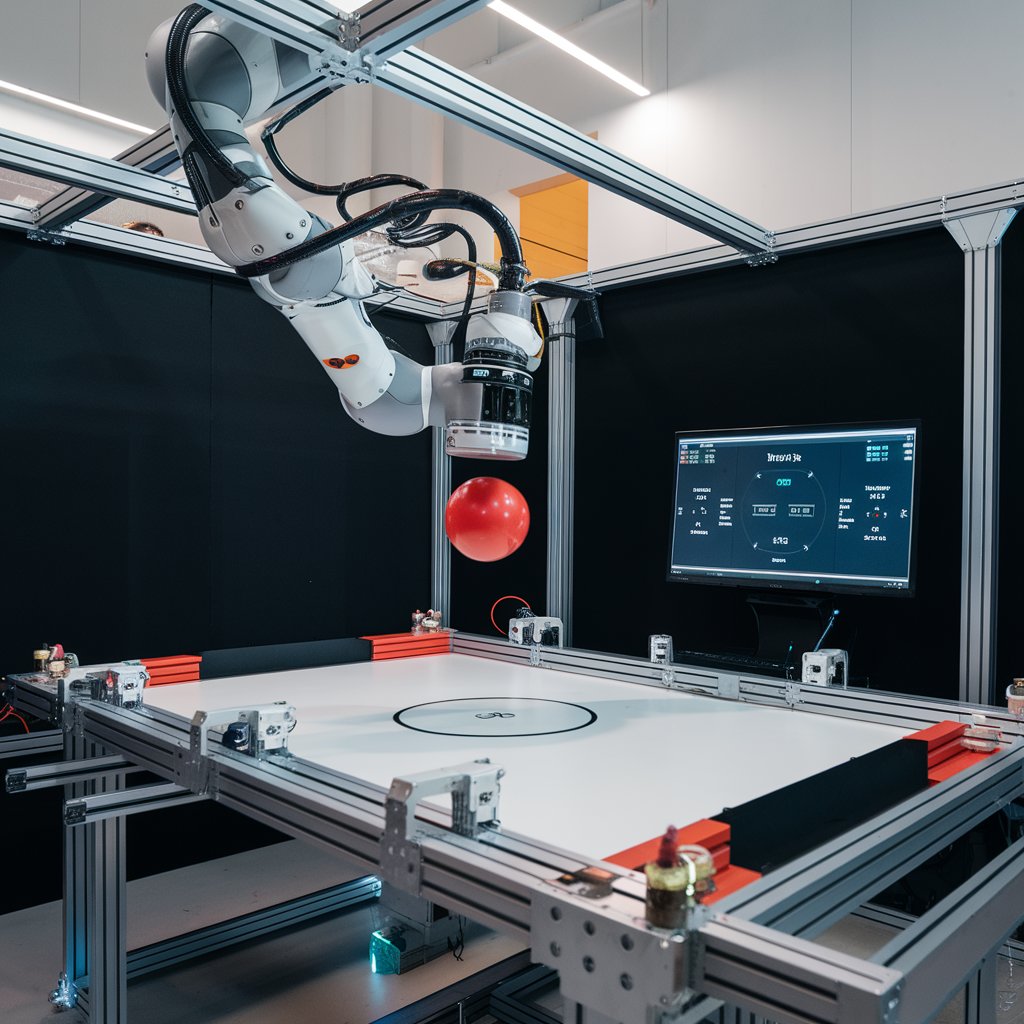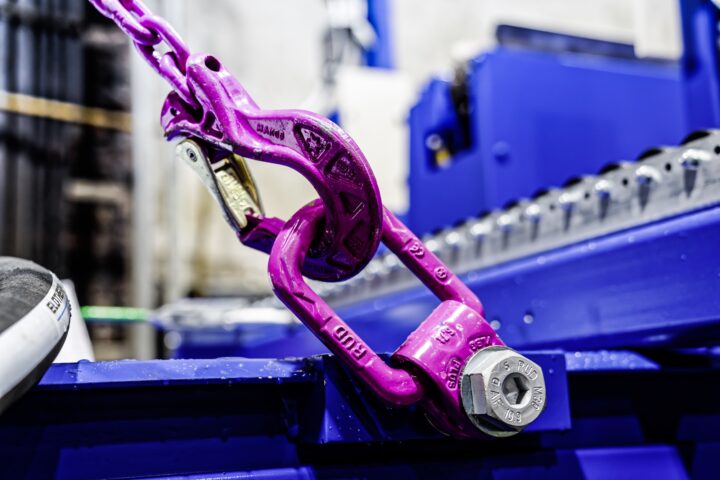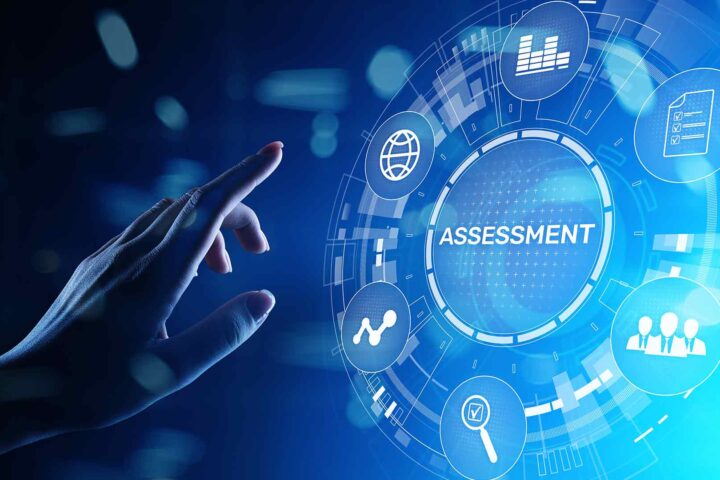The keeper ai standards test is an essential tool for evaluating the performance and accuracy of artificial intelligence (AI) systems in various domains. As AI technologies become more integrated into industries, education, healthcare, and daily life, ensuring that these systems meet high standards of reliability, fairness, and accuracy is crucial. The keeper ai standards test serves as a benchmark for AI development and deployment, offering a structured approach to assess how well AI models adhere to established ethical and performance criteria.
Table of Contents
What is the Keeper AI Standards Test?
The keeper ai standards test is a comprehensive evaluation framework designed to test AI systems against a set of predefined standards that are relevant to their intended applications. The test evaluates multiple dimensions of AI performance, including reliability, transparency, security, fairness, and bias, among others. Its main purpose is to ensure that AI technologies can operate effectively, safely, and ethically in real-world scenarios.
As AI continues to evolve, it is becoming increasingly important for developers, companies, and regulatory bodies to have a unified approach to AI testing. The keeper ai standards test fulfills this role by providing an objective and standardized method of assessing the readiness of AI systems.
The Importance of the Keeper AI Standards Test
- Ensuring Ethical AI
One of the most critical aspects of the keeper ai standards test is its focus on ensuring that AI systems operate in an ethical manner. This includes minimizing biases in AI decision-making processes, ensuring fairness in algorithms, and promoting transparency. With the increasing use of AI in sensitive areas such as hiring, healthcare, and criminal justice, the ethical considerations of AI systems have become a top priority. The keeper ai standards test provides a framework for identifying and addressing these ethical challenges. - Boosting Trust in AI
Public trust in AI technologies is essential for their widespread adoption. The keeper ai standards test helps build this trust by demonstrating that AI systems have undergone rigorous testing and meet established standards. By providing a transparent and standardized testing process, stakeholders—from developers to end-users—can have confidence in the AI systems they are interacting with. - Ensuring Performance and Accuracy
Performance is a critical factor in the deployment of AI systems. The keeper ai standards test evaluates the accuracy, reliability, and efficiency of AI systems, ensuring they perform as intended under different conditions. Whether the AI system is used for natural language processing, image recognition, or predictive analytics, it must meet specific performance benchmarks to be deemed effective. - Legal and Regulatory Compliance
As AI technologies advance, so too does the need for regulatory oversight. The keeper ai standards test provides a way for companies to ensure their AI systems are compliant with current laws and regulations, reducing the risk of legal challenges. Governments and regulatory bodies may use such tests to ensure that AI technologies do not violate data protection laws or cause harm to individuals and communities. - Mitigating Risks
The deployment of AI systems in high-stakes environments, such as autonomous vehicles or healthcare diagnostics, poses significant risks. The keeper ai standards test is designed to identify vulnerabilities and weaknesses in AI systems that could lead to catastrophic outcomes if left unchecked. By addressing these risks early in the development cycle, companies can ensure that their AI systems are safe and reliable.
Key Components of the Keeper AI Standards Test
The keeper ai standards test encompasses a broad range of criteria to ensure a holistic evaluation of AI systems. These include:
1. Fairness and Bias Detection
AI systems can inadvertently reinforce societal biases, leading to discriminatory outcomes. The keeper ai standards test assesses whether AI systems are fair and unbiased in their decision-making processes. This is particularly crucial in areas such as hiring, lending, and criminal justice, where biased AI could have profound societal consequences.
2. Transparency and Explainability
Transparency is vital for fostering trust in AI. The keeper ai standards test evaluates how well an AI system’s decision-making process can be understood and explained. This includes assessing the interpretability of algorithms and the ability of the system to provide clear explanations for its outputs, making it easier for users and regulators to understand the AI’s actions.
3. Security and Privacy
Security is another key area that the keeper ai standards test examines. AI systems can be vulnerable to attacks that compromise their functionality or the data they process. The test checks for robust security measures and assesses how well AI systems protect user data from unauthorized access, ensuring compliance with privacy laws and guidelines.
4. Accuracy and Reliability
A core component of the keeper ai standards test is evaluating the accuracy and reliability of AI systems. This involves testing how well AI models perform in different environments and under varying conditions. For instance, in autonomous vehicles, AI models must consistently recognize objects in different lighting and weather conditions to avoid accidents.
5. Usability and User Experience
The keeper ai standards test also takes into account how user-friendly and intuitive an AI system is. While performance metrics are important, the end-user experience plays a critical role in determining whether an AI system is successful. A well-designed interface and seamless interaction are essential for driving user adoption and engagement.
6. Scalability
For AI to be widely adopted, it needs to be scalable. The keeper ai standards test assesses how well an AI system can handle increasing amounts of data or demand. Scalability is particularly important for systems deployed in industries like e-commerce, finance, or healthcare, where large volumes of data need to be processed efficiently.
Applications of the Keeper AI Standards Test
The keeper ai standards test is applicable across numerous industries, each of which benefits from AI deployment in different ways. Some key sectors where this test is particularly important include:
1. Healthcare
In the healthcare industry, AI systems are used for diagnosing diseases, predicting patient outcomes, and personalizing treatments. The keeper ai standards test ensures that these AI systems are both accurate and fair, providing clinicians with reliable decision support without reinforcing biases or making unsafe recommendations.
2. Autonomous Vehicles
AI plays a central role in autonomous vehicles, from navigation to collision avoidance. The keeper ai standards test ensures that these systems are not only reliable and safe but also transparent, so that users can understand the reasoning behind the AI’s decisions while on the road.
3. Financial Services
AI is increasingly used in financial services for tasks like fraud detection, credit scoring, and trading. The keeper ai standards test ensures that these systems are accurate, fair, and transparent, minimizing the risk of financial discrimination and maximizing trust in automated processes.
4. Education
AI tools in education are used to provide personalized learning experiences and assess student performance. The keeper ai standards test evaluates how well these systems promote fairness and accuracy, ensuring that students benefit from unbiased, effective, and transparent AI-assisted learning environments.
5. Human Resources
AI-driven tools are used to automate hiring processes, assess employee performance, and predict workforce trends. The keeper ai standards test helps ensure that these systems do not discriminate based on gender, race, or other protected characteristics, promoting fairness and equality in the workplace.
Challenges and Future of the Keeper AI Standards Test
While the keeper ai standards test represents a significant step forward in AI evaluation, there are still challenges to overcome. For instance, the rapid pace of AI development means that new testing frameworks may be needed to address emerging issues, such as the ethical implications of AI in creative industries or the environmental impact of large-scale AI deployments.
Furthermore, the test must remain flexible enough to accommodate the wide variety of AI applications across different industries. This requires ongoing updates and refinements to keep pace with the evolving landscape of AI technology.
In the future, as AI becomes even more ubiquitous, the keeper ai standards test may play a pivotal role in shaping AI policy, regulation, and development. By continuing to refine and standardize AI testing, stakeholders can ensure that AI systems remain accountable, fair, and effective in serving the public good.
Also Read: Connections Answer: How to Strengthen and Build Meaningful Relationships
Conclusion
The keeper ai standards test is a crucial tool for ensuring that AI systems operate in a responsible, transparent, and effective manner. By focusing on fairness, transparency, security, and performance, this test offers a comprehensive evaluation of AI systems and their potential impact on society. As AI continues to advance, the keeper ai standards test will remain an important framework for assessing and guiding the development of ethical and reliable AI technologies.
Through continued collaboration between developers, regulators, and other stakeholders, the keeper ai standards test will help shape the future of AI, ensuring that these technologies enhance our lives while adhering to the highest standards of accountability and fairness.











